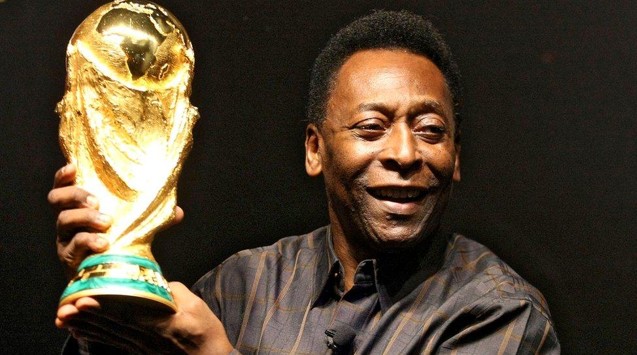Speakers in a discussion on Monday said that the growing inequality in major Asian countries was not highlighted in the book titled ‘Asia’s Journey to Prosperity: Policy, Market, and Technology over 50 Years’.
They came up with the view while discussing a lecture on the book by Dr Yasuyuki Sawada, a professor of economics, University of Tokyo, at the BIDS auditorium in the capital.
In his speech, Bangladesh Institute of Development Studies director general Binayak Sen noted that the crucial issue should have got more prominence in the book published by the Asian Development Bank in 2020.
He suggested that the book should have a dedicated chapter to discuss income inequality prevailing in China, India and Bangladesh since a large portion of the Asian people lived in these countries.
The BIDS DG noted that income inequality in China was growing, so was in Bangladesh.
Income inequality as measured by the Gini coefficient increased in Bangladesh to 0.48 in 2016 from 0.46 in 2010 and 0.42 in 2005. A smaller Gini coefficient indicates low income inequality while a big value indicates high income inequality.
Binayak Sen said that India might also face similar problem although the country stopped releasing data on poverty after 2012 and its data on income inequality was not comprehensive.
Dr Yasuyuki Sawada, also former ADB chief economist, said that the data from 1990 to onward would show income inequality in China and Indonesia while in India, the inequality was growing.
The ADB book mainly focused more on data between 1960 and 1980 to explain the Asia’s economic success, he said.
Factors such as: relying on proactive state support, promoting structural transformation, investing in productive capacity, building human capital, accelerating technological progress, opening trade and investment, maintaining macroeconomic stability, promoting social inclusiveness and promotion of regional cooperation and integration were keys to the Asian success story described in the 500-page book.
Dr Yasuyuki Sawada in his lecture also identified challenges of the Asian countries with the changing political economy, continuous interest hike by the US and volatility in prices of fuel oil amid war in Ukraine.
He said that the universal pension scheme, universal health system, quality education, capital market development, mitigating climate challenges were necessary for many Asian countries to make further stride.
All these are imperative for social and inclusive growth, not just for infrastructure development alone, he said.
Answering a question about what is needed for Bangladesh to avoid the middle-income country trap, Yasuyuki Sawada said that human capital investment, high-end infrastructure investment in information and communication technology were imperative.
Of course, the energy security is also very crucial, he pointed out.
This NEWS originally published in Dhaka based News Paper The New Age.





